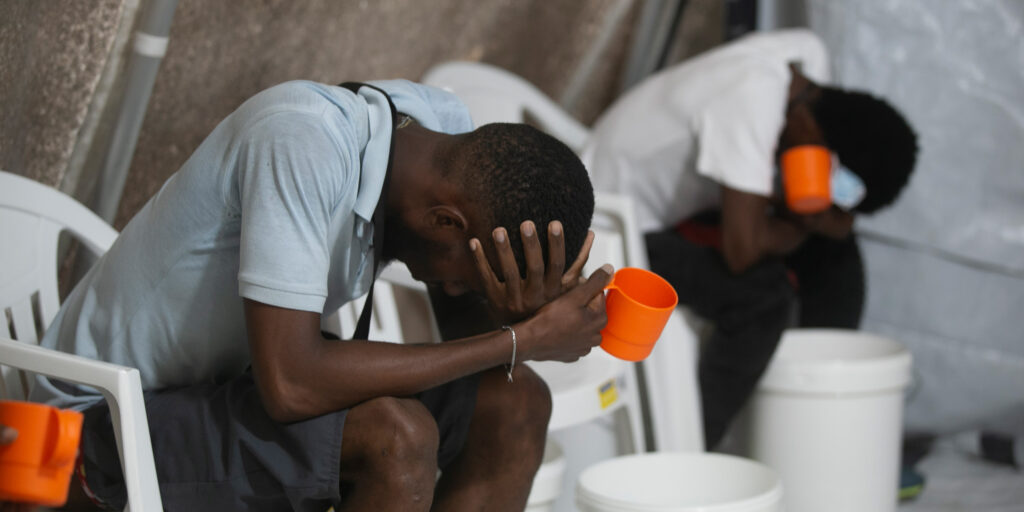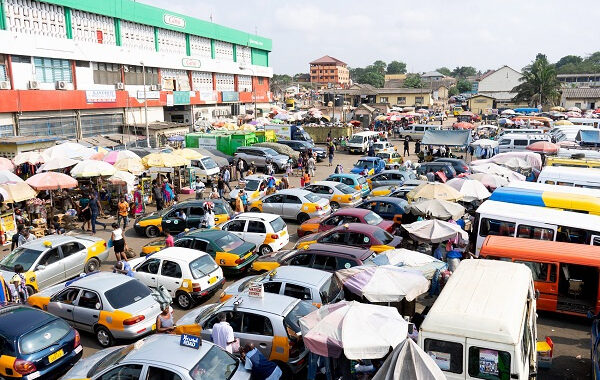Cholera outbreak: 719 cases confirmed, 49 dead

According to the Minister of Health, Hon. Kwabena Mintah Akandoh, Ghana has recorded a total of 6,145 cholera cases, with 719 confirmed and 49 deaths across five regions.
The recent outbreak in Ghana began in October 2024 in Ada West, Greater Accra Region, and has since spread to Central, Western, Ashanti, and Eastern regions. The Minister noted an improvement in the situation, with active cases now concentrated in the Central Region.
Briefing Parliament on Tuesday, February 18, the Minister said: “Mr. Speaker, I must put on record that the current cholera outbreak began over 5 months ago – in October 2024 in Ada West in the Greater Accra Region,” said Akandoh in Parliament on Tuesday, February 18.
“Since the outset in October 2024, it has unfortunately spread to other districts in Greater Accra and four other regions, namely Central, Western, Ashanti, and Eastern Regions.”
“As of 13th February 2025, we have recorded 6,145 cases, 719 confirmed cases, and unfortunately, forty-nine (49) deaths. In all, five regions have reported cases since the outbreak began. These are: Greater Accra, Central, Western, Ashanti, and Eastern Regions.”
He added: “Mr. Speaker, it is worth noting that the situation is improving, with active cases now concentrated only in the Central Region.”
The Central Region reported a total of 28 active cases on admission as of February 16. The breakdown of the cases is 18 in Effutu and six in Cape Coast and four in Agona West.
The primary cause of cholera outbreaks is contaminated water and food. Inadequate sanitation, overcrowded living conditions, and natural disasters exacerbate the spread of the disease.
To curb the outbreak, the Ministry of Health has implemented a multi-sectoral response strategy, including enhanced surveillance, public education campaigns, and collaboration with local and international partners.
The Minister said: “We have also established cholera treatment centres and are conducting public awareness campaigns to educate communities. The strategic deployment of oral cholera vaccines in high-risk areas is further contributing to this positive trend.”
Despite these efforts, challenges such as poor sanitation, unsafe water, and unhygienic food handling practices continue to fuel the spread of cholera.
It is high time we ask ourselves if we are doing enough to combat cholera.

 GRTCC suspends planned ‘August 8’ 20% public transport fare increase
GRTCC suspends planned ‘August 8’ 20% public transport fare increase  State funeral for helicopter crash victims set for August 15 at Black Star Square
State funeral for helicopter crash victims set for August 15 at Black Star Square  Black Queens rank 67th in FIFA ranking despite WAFCON performance
Black Queens rank 67th in FIFA ranking despite WAFCON performance